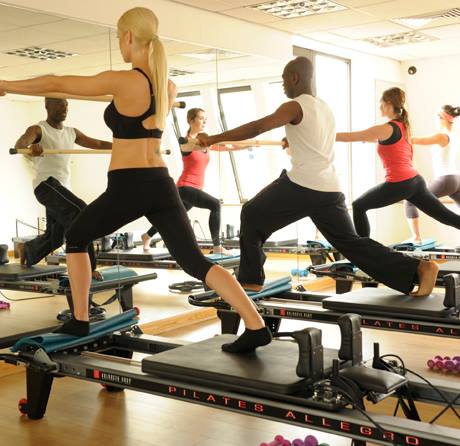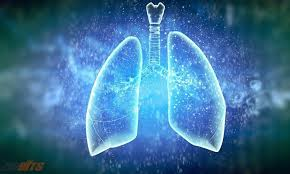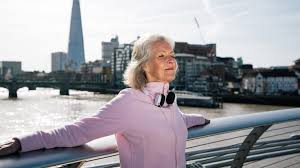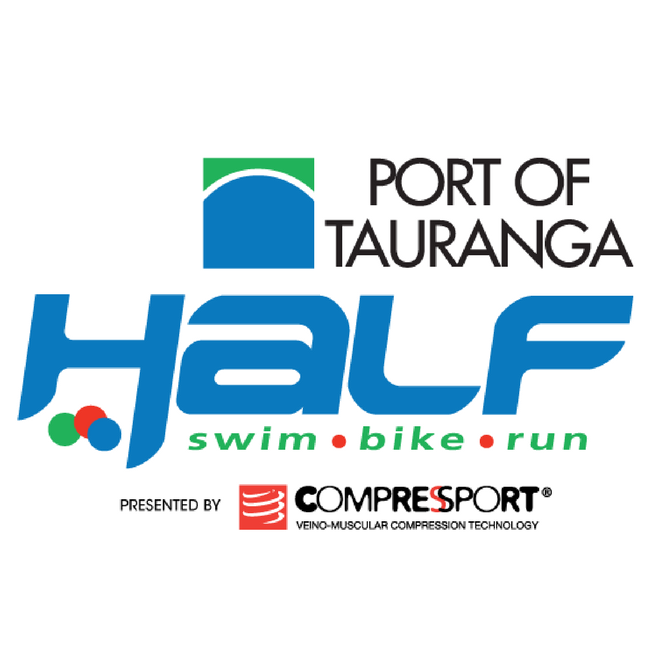Because we do it every day, many people can take the importance of healthy breathing for granted.
In fact, the way you breathe can have a multitude of effects on the body and mind, for better or for worse depending on your breathing pattern!
We caught up with Kelly Griffiths from our Bethlehem clinic to ask her all about healthy breathing habits and best practice for a healthy lifestyle.




